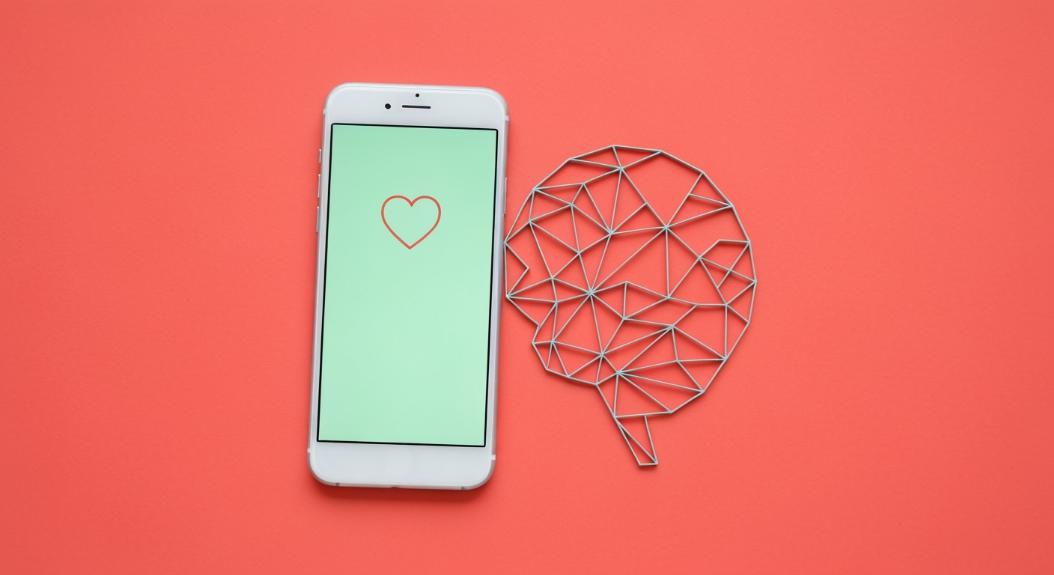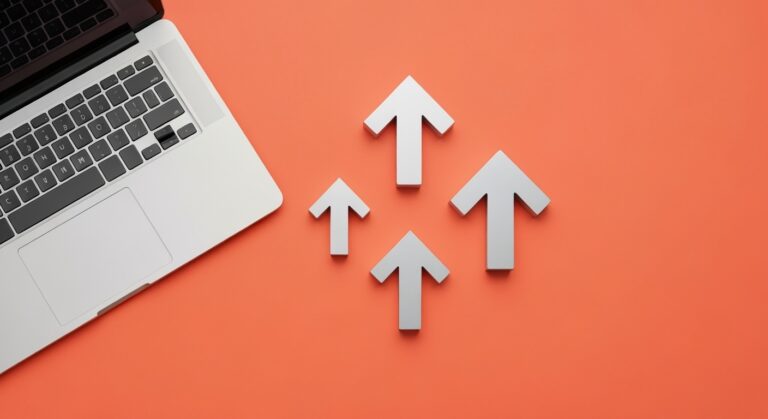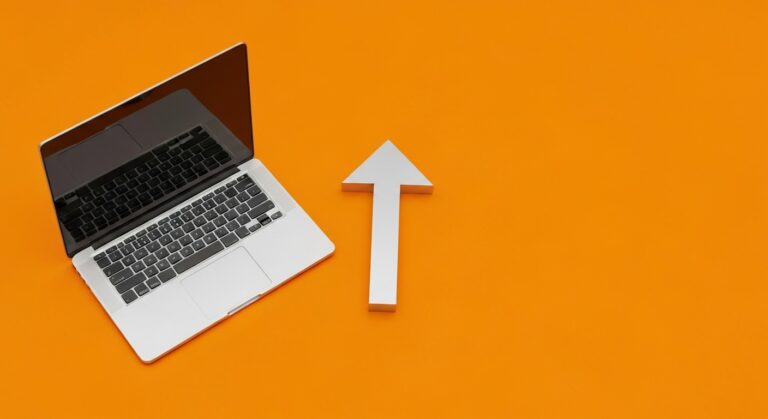As mental health services struggle to meet growing demand worldwide, artificial intelligence is emerging as a promising solution for therapy access. With only 13 mental health workers available per 100,000 people globally, AI chatbots are stepping in to provide support where human therapists can’t reach. These digital companions are proving surprisingly effective, offering real-time emotional support that’s available 24/7, just like having a caring friend in your pocket. In fact, there is only one mental health provider for every 340 Americans seeking care. Participants engaged with the AI for an average of six hours of use, equivalent to about 8 traditional therapy sessions.
AI chatbots offer vital mental health support globally, becoming digital companions where human therapists are scarce or unavailable.
Recent clinical trials paint an encouraging picture of AI’s therapeutic potential. The Therabot trial, involving 106 participants, showed impressive results that would make any traditional therapist smile. Users experienced a 51% reduction in depression symptoms and a 31% decrease in anxiety.
Even more fascinating, these digital sessions helped reduce body image concerns by 19% among those at risk for eating disorders. The best part? Participants formed meaningful connections with their AI therapists, rating their therapeutic alliance just as highly as they would with human counselors.
The numbers tell a compelling story about AI therapy’s effectiveness. Compared to control groups, people using AI experienced 65% better improvement in anxiety and eating disorder symptoms. Depression scores improved by 47%, suggesting these digital tools aren’t just convenient – they’re genuinely helping people heal.
What’s particularly exciting is that AI systems can spot warning signs early, achieving 92% accuracy in identifying suicide risk within a week.
While AI can’t replace the warmth and intuitive understanding of human therapists, it’s filling a critical gap in mental health care. Think of it as a bridge, connecting people to support they might otherwise never receive. Despite the benefits, AI-driven automation is already affecting many sectors including healthcare, fundamentally changing how various professional services are delivered.
The impact is especially meaningful for underrepresented groups, with referrals for non-binary individuals skyrocketing by 235%. As the technology continues to evolve, the future likely holds a hybrid approach, where AI and human therapists work together to create a more accessible and effective mental health care system for everyone.







